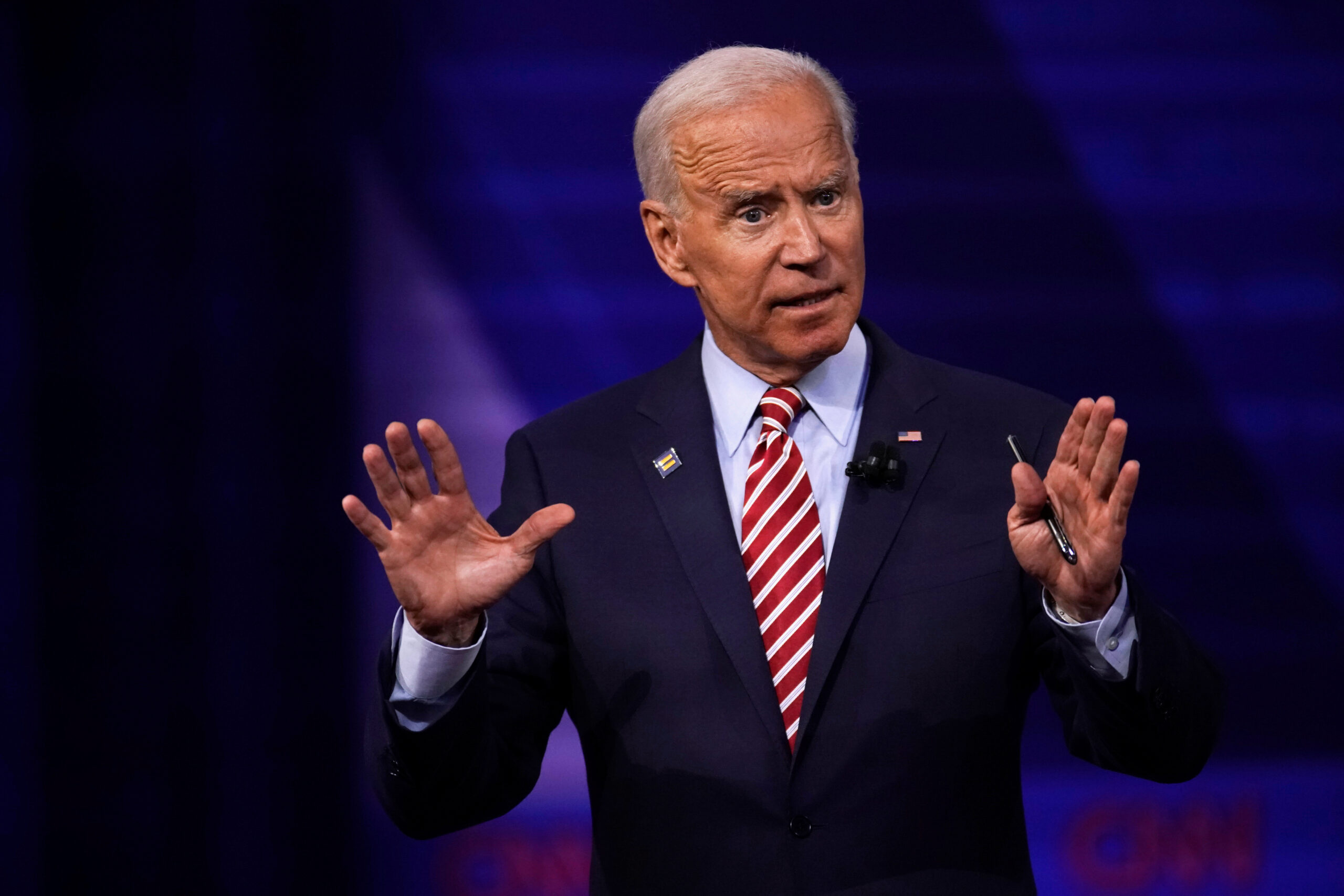When President Joe Biden issued a “full and unconditional” pardon for his son, Hunter Biden, it did more than just absolve him of legal consequences from potential federal crimes spanning nearly a decade. It also created a new precedent—one that could significantly impact how future presidents, particularly Donald Trump, wield their pardon powers. The action was so expansive and shrouded in secrecy that even the Justice Department’s Office of the Pardon Attorney, which typically advises on clemency matters, was caught off guard.
This sweeping pardon was unprecedented in modern presidential history, rivaled only by President Gerald Ford’s pardon of Richard Nixon, and stands as an anomaly in the context of past clemency decisions. For almost 11 years, Hunter Biden faced legal scrutiny over issues like tax evasion and illegal gun possession. By pardoning him, President Biden essentially removed any legal jeopardy, making it impossible for any federal charges to be brought against his son. While the pardon was framed as a gesture of fairness, rather than an admission of guilt or responsibility, it raises significant implications for how future presidents may approach the pardon power.
A Precedent for Trump’s Future Pardons
For former President Donald Trump, Biden’s pardon could serve as a convenient template should he return to office. Throughout his first term, Trump was known for his aggressive use of the pardon power, granting clemency to individuals like his former national security adviser Michael Flynn, political ally Roger Stone, and his campaign chairman Paul Manafort. Each of these pardons, though controversial, was issued in relation to specific investigations and crimes, many of which were closely tied to Trump’s own political and personal interests. But Biden’s pardon of Hunter Biden offers a new model—one that is not limited to specific offenses but could encompass a broader, more far-reaching scope.
Trump’s allies are already recognizing the potential implications of this shift. According to James Trusty, a former criminal defense lawyer for Trump, Biden’s actions have created a new level of acceptability for expansive pardons. “It certainly creates an acceptability for that model,” Trusty explained, suggesting that future presidents, including Trump, might find it easier to justify sweeping pardons that cover a wider range of offenses, potentially even undetermined ones.
During his 2024 presidential campaign, Trump has already pledged to use the pardon power aggressively if elected, notably vowing to pardon many of the rioters involved in the January 6, 2021 Capitol insurrection. The Hunter Biden pardon gives Trump a ready-made justification to issue such clemencies, which he could now frame as a necessary corrective to perceived injustices, much like Biden did with his son’s pardon. Trump has already hinted at using the Hunter Biden precedent to pardon January 6 defendants, asking publicly if Biden’s pardon extends to the “J-6 hostages,” a term he uses to downplay the violent events of that day.
Biden’s Pardon and Its Implications for Trump’s Strategy
In contrast to Trump’s past use of clemency, which typically focused on specific offenses tied to investigations involving his allies, Biden’s approach to pardoning Hunter Biden was grounded in the idea of fairness. Samuel Morison, a former attorney in the Office of the Pardon Attorney, noted that this fairness-based justification could now serve as a political cover for Trump. “How can you say that the president can’t grant pardons to correct something that he believes is an injustice? Biden just did it,” Morison argued.
For Trump, this sets a dangerous precedent. While he has always been inclined to use the pardon power for his own benefit—most notably during his first term when he considered pardoning family members, staff, and even himself—Biden’s actions could give him greater leeway to act without restraint. Ty Cobb, a former White House lawyer under Trump, who has since become a critic, added that the Hunter Biden pardon provides Trump with a perfect excuse for what many might otherwise view as improper or self-serving clemency. “Trump doesn’t really need excuses to act selfishly or vengefully,” Cobb said, “But this provides him one on a silver platter.”
A Broad Pardon for January 6 Defendants?
As Trump’s first term wound down, he considered issuing pardons for those involved in the January 6 Capitol riot. Though such a move was strongly opposed by many of his advisers, it now seems more likely, given the new political context provided by Biden’s pardon of Hunter Biden. Trump’s camp is already discussing the possibility of extending clemency to his allies facing legal challenges. This includes figures like Carlos de Oliveira and Walt Nauta, two Trump aides implicated in obstructing the investigation into classified documents found at Mar-a-Lago. “To me, that’s kind of a no-brainer,” Trusty remarked, referring to the idea of pardoning these individuals.
Indeed, Trump’s use of the pardon power could be just as expansive as Biden’s, with few clear boundaries. The new precedent could empower him to grant clemency not only to his direct allies but also to those connected to broader, potentially undefined legal controversies, much like the controversial pardons Biden issued.
The Politics of Clemency in the Post-Trump Era
As legal experts and political analysts digest the implications of Biden’s pardon, the conversation is already shifting toward what this could mean for future administrations, particularly in light of Trump’s stated intentions to expand the scope of his pardon powers. For Trump, the stage is set to take a more aggressive approach to clemency, potentially handing out pardons as a tool of political power rather than as a function of justice. This could undermine the public’s trust in the system and further erode any accountability for those in power, particularly when the pardon power is used to shield political allies from legal consequences.
Critics, such as Senator Gary Peters (D-Mich.), argue that the Hunter Biden pardon “erodes trust in our government” and could embolden others to bend justice to suit their personal or political interests. As the 2024 election heats up, the specter of expanded clemency powers looms large, offering a glimpse into the future of presidential pardons—a future in which the lines between justice and political expediency are more blurred than ever.





